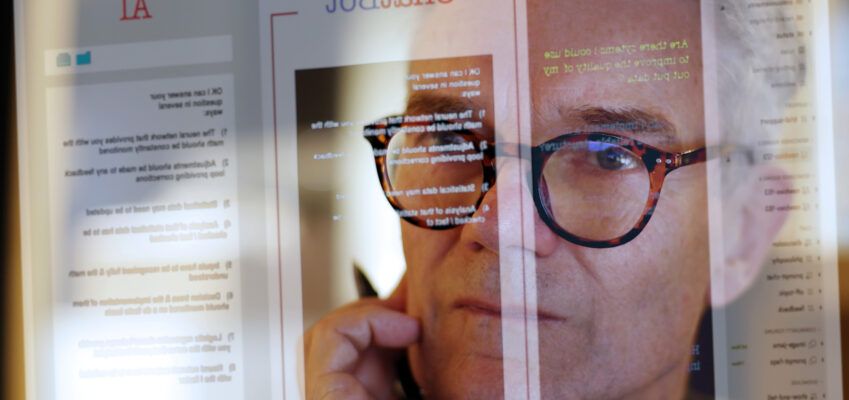Welcome to jobs.ac.uk’s career advice section. Here you can view hundreds of career articles aimed at helping you to find a job, manage your career, learn how to write a CV, find out about working abroad, get interview tips, PhD advice and much more. Don’t forget you can sign up to receive Jobs by Email to help you in your search for a new job.
CV Advice

10 MORE things not to do on your CV
What NOT to do on your CV is just as important as what to include. Read our expert tips and make sure that your CV opens doors.
CV Tips – 10 questions answered
Looking for CV tips? Have you felt confused about what to include and how to make it look professional? See our latest article...
Interview Tips

Exit interview tips
Have you been invited to an exit interview after resigning? Find out how to get the best out of the interview and handle tricky questions!
How to work with a recruiter or hiring manager
What is a recruiter? Whether you’re on the lookout for your next opportunity in a similar field, or you’re...>
Career Development

A guide to publishing for Early Career Researchers
There can be a lot of pressure on early career researchers to work towards publication. With this in mind,...>
Working overseas – the pros and cons
Tom Tuohy looks into the growing market for academics working abroad and the pros and cons of doing so...>
Resources

Understanding research ethics┃Webinar registration page
Webinar Registration Page 12:30 – 1:30 pm BST ┃Wednesday 24th April ┃Microsoft Teams ┃ Register now >>> Research ethics...>
How recruiters can support neurodiverse candidates I Webinar summary and recording
How recruiters can support neurodiverse candidates – Webinar Summary jobs.ac.uk gathered a panel of experts to discuss how you...>
Studentship Advice

Five benefits of doing a PhD abroad
Have you ever thought about completing a PhD overseas? There are many benefits of studying for a PhD abroad....>
Time management tools for PhD students
This article focuses on time management tools for PhD candidates, including how to plan effectively and set SMART goals.
Country Profiles

China Country Profile
At just under 10 million square kilometres, China is the second-biggest country in the world by land area. In the times of the ancient dynasties, China was a leader in culture and science...
Germany Country Profile
Consisting of 16 states governed as a federal democracy, Germany sits at the centre of Europe and its influence on the region is keenly felt both economically and politically...





